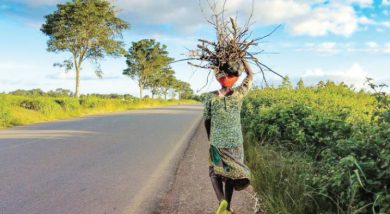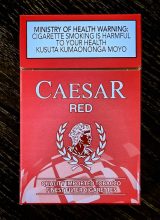My struggle with HIV
I was 19 years old and a first-year student at Lilongwe University of Agriculture and Natural Resources (Luarnar) when I learnt about my HIV status.
A guy I was dating proposed that we should go for an HIV test. His results came negative. Not to be outdone, I confidently went for it. Sadly, my results came positive.
These results triggered some childhood memories. I recalled being molested at the age of eight and getting blood transfusions. I fell sick frequently.
This could be how I got infected with HIV. When I shared the results with my boyfriend, he dumped me.
To my surprise, my dad said he had always suspected that I was HIV positive.
I had a hard time accepting my status. I lost concentration in class and started absconding classes in search of spiritual healing. I failed and repeated my first year.
My CD4 count went down to 200.
At one of the prayer meetings, I met two ladies talking about HIV and they encouraged me to start medication.
The first hospital I went to treated me more like a client, not a person. Everything was so mechanical. I changed hospitals and started attending clinics at Lighthouse Trust Centre, a government clinic for HIV-related illnesses.
The doctor was friendly. He would ask me a lot of questions about my health and life. He helped me to accept my status and realise that there is life after an HIV-positive diagnosis.
I began a new life knowing that I would need to be strong for myself.
The next thing was to learn how to deal with the stigima. One day, my roommate found my Anti-Retroviral (ARVs) drugs and told everyone she could about it.
A little while later, a young man came up to me and said, “l like you, you are a well-behaved girl, multi-talented and focused. I wish I could date you but I cannot because of your HIV positive status.”
Such moments taught me to be strong. Facing stigma firsthand showed me the need to fight for others.
I also learnt that there were so many youths going through the same ordeal.
This inspired my undergraduate research which explored coping strategies for secondary school students living with HIV.
My experience increased my passion to fight against HIV stigma, gender-based violence and advocate for sexual reproductive health and rights (SRHR).
Since then, I have been counselling and mentoring young people living with HIV at the Lighthouse Clinic and other places.
I help the youth through the process of accepting their HIV status and encourage them to adhere to treatment.
Recently, I had the opportunity to talk to a young lady, aged 25, who almost committed suicide upon learning that she was HIV positive. Through counselling, she changed her mind.
Now she counsels other newly infected girls.
I have also spoken to over 400 adolescents at the annual gatherings of all Lighthouse adolescents during their graduation transitioning to adult care.
There is a lot of talk about how young people need to protect themselves from HIV.
Now is the best time to let the youth meaningfully participate in dealing with the epidemic.
Young people need to be equipped with comprehensive knowledge about HIV and need skills to allow them reach out to others.
As an intern under the Coalition of Women Living with HIV (Cowlha), I have had the opportunity to conduct prevention, care and treatment activities targeted at young people and women.
There is a lack of comprehensive information on HIV. This fuels stigma and discrimination. The government needs to protect people living with HIV, the same way it protects those that are not infected with the virus. n






